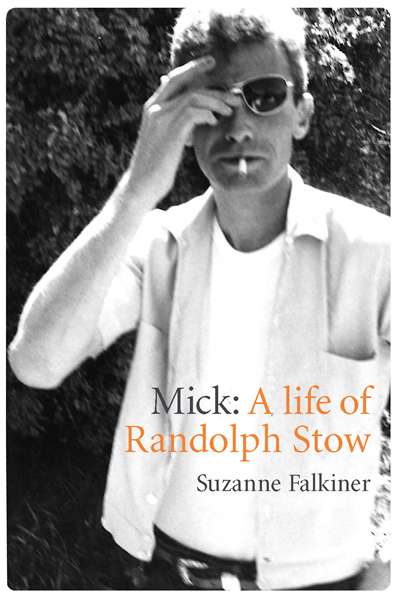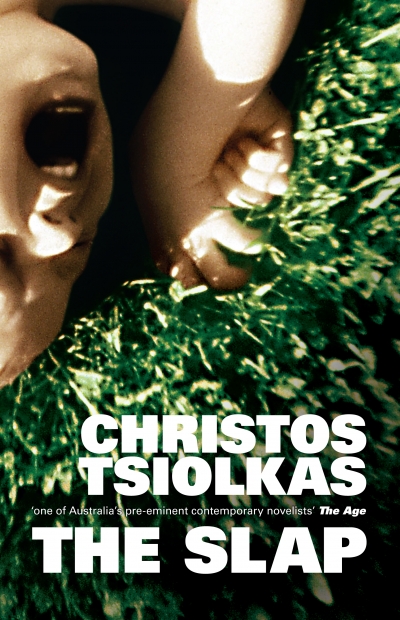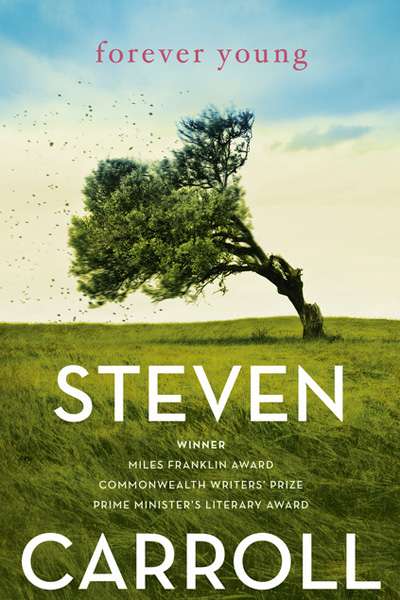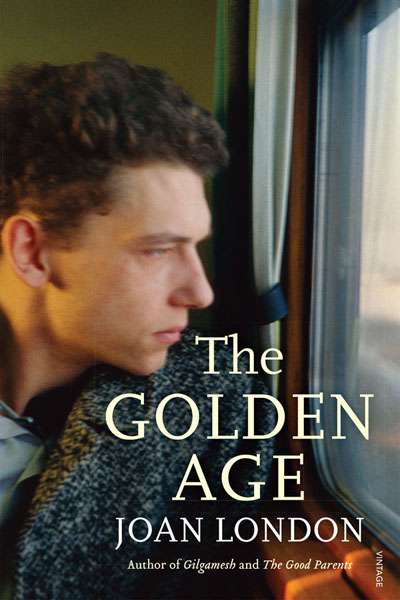Kerryn Goldsworthy
Jennifer Maiden's The Fox Petition: New Poems (Giramondo) conjures foxes 'whose eyes were ghosts with pity' and foxes of language that transform the world's headlines
... (read more)The best thing I can do here is quote lines of criticism that I've never forgotten. Terry Eagleton on Wuthering Heights: 'the institution of the family is founded upon a potentially anarchic force – sexual desire itself – which it must nevertheless strictly regulate.' This is a bit of insight that can be helpfully applied not only to Wuthering Heights but to most fiction, films, and theatre, to say nothing of daily life.
... (read more)The slap that I wanted to deliver with that book was to a culture in Australia that had literally made me sick, sick to the stomach. A middle class culture that struck me as incredibly selfish and ungenerous … I wanted to try and write a book ... that represented that culture. And to do that, honestly, I had to put myself in the middle of it. I also had to put my Greekness in the mid ...
Last month in Melbourne, a group of book reviewers and literary editors took part in a conference organised by Monash University’s Centre for the Book. There were more than thirty short papers, or ‘provocations’, as they were styled. Our Editor lamented the low or non-payment of some reviewers ( ...
When Richard Flanagan won the 2014 Man Booker Prize for his sixth novel, The Narrow Road to the Deep North, it was not the first time that he had won an international fiction prize; his third novel,
In 1978, Australia’s two most coveted national literary prizes of the time were both won by women: Helen Garner’s first novel Monkey Grip (1977) won the National Book Council Award for fiction, and the Miles Franklin Literary Award was won by Tirra Lirra by the River (1978), Jessica Anderson’s fourth novel. Both of these books have since become classics of Australian literature, rarely out of print and regularly rediscovered by new generations of readers. Australian fiction, both in its production and in its critical reception, had been dominated by male writers since the end of World War II. There were isolated exceptions, most notably Christina Stead, Elizabeth Harrower, and Thea Astley, all now regarded as major Australian novelists. But the two big awards to Anderson and Garner in 1978 marked a shift in readerly tastes and the beginning of something more like equality in the writing, publishing, and reading of fiction in Australia. It may or may not be a coincidence that the narrator–heroines of Monkey Grip and Tirra Lirra by the River are both called Nora; it’s the name of the main character in Ibsen’s classic play A Doll’s House (1879), which, like these novels, explores the theme of women’s emancipation and selfhood in modern society.Kerryn Goldsworthy on 'Tirra Lirra by the River' by Jessica Anderson for Reading Australia
Books of the Year is always one our most popular features. Find out what our 41 contributors liked most this year – and why.
... (read more)




